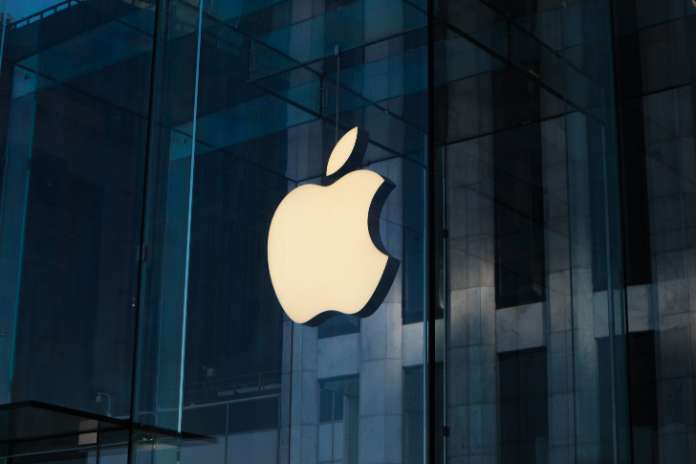Apple (NASDAQ:AAPL), based in Cupertino, has evolved far beyond being a simple tech company. Co-founded by the iconic Steve Jobs and currently led by Tim Cook, Apple has become synonymous with aspirational consumer devices, maintaining a significant presence in our cultural landscape.
With a lineup that includes the iPhone, MacBooks, Apple Watch, and iMacs, all interconnected by its lucrative services ecosystem, Apple dominates multiple sectors. However, in the field of artificial intelligence (AI), Apple appears to lag behind other “Magnificent Seven” companies like Nvidia (NASDAQ:NVDA), Microsoft (NASDAQ:MSFT), Amazon (NASDAQ:AMZN), and Google (NASDAQ:GOOGL).
Is Apple’s AI performance as disappointing as some skeptics suggest, or is the company quietly building its AI capabilities for a future breakthrough? Let’s delve deeper.
Apple’s Quiet AI Strategy
Apple hasn’t been very vocal about its AI advancements, but it remains a leading investor in the technology. From 2016 to 2020, Apple acquired 25 AI startups, more than any other company. With its substantial cash reserves, Apple is well-positioned for further acquisitions to enhance its AI portfolio.
Apple has developed its own AI Large Language Model (LLM) called Ajax, trained on over 200 billion parameters. The company is also working on AI-integrated versions of Xcode and other development tools to improve third-party app quality on the iPhone.
Gene Munster, an analyst at Deepwater Asset Management, is optimistic about Apple’s AI future. He predicts that Apple will capture about 20% of the personalized AI market, potentially charging $10 per month for the service.
Recently, at the “Let Loose” event, Apple unveiled the next-generation iPad Pro and iPad Air, powered by the new M4 chip, which can perform 38 trillion operations per second. With a 32% market share in tablets, these AI-enhanced devices are expected to strengthen Apple’s position.
Market participants are anticipating AI-specific announcements from Apple at the WWDC 2024 conference on June 10, with reports suggesting the release of an AI-powered version of iOS. Later in the year, the new iPhone 16 models are expected to feature AI enhancements, including improved battery life and support for spatial video.
Strong Financials
Despite modest fiscal Q2 2024 results, Apple exceeded analyst expectations in both revenue and earnings. For the quarter ending March 30, Apple reported $90.8 billion in revenue, a 4.3% year-over-year decline, but its services revenue hit a record $23.9 billion, up from $21 billion the previous year.
Earnings per share (EPS) rose slightly to $1.53, beating the consensus estimate of $1.50. Apple has consistently surpassed EPS expectations in the past five quarters. Over the last decade, Apple has achieved a compound annual growth rate (CAGR) of 8.04% in revenue and 10.29% in EPS.
Apple’s cash flow generation remained strong, with $62.6 billion in cash from operating activities for the quarter. The company ended the quarter with $32.7 billion in cash, well above its short-term debt of $10.8 billion.
Apple stock, up less than 1% year-to-date, offers a dividend yield of 0.52%. Its modest payout ratio of about 15% leaves ample room for dividend increases and continued investment in growth initiatives, including AI.
Analysts’ Positive Outlook on AAPL
Analysts are generally optimistic about Apple stock, which has a “Moderate Buy” rating and an average target price of $205.96, suggesting about 6% upside from current levels. Of the 30 analysts covering the stock, 17 rate it a “Strong Buy,” 3 rate it a “Moderate Buy,” 9 rate it a “Hold,” and 1 rates it a “Strong Sell.”
Gene Munster from Deepwater Asset Management is particularly bullish, stating on CNBC that “Investors are largely in denial about what Apple’s AI opportunity is going to be.” He also expects AAPL to outperform NVDA over the next year.
Featured Image: Unsplash















